Ankara, 5 Ramadan 1435/3 July 2014 (MINA) – Turkey’s long-awaited presidential election campaign is underway and three candidates have declared their intention to become the first Turkish president elected by popular vote.
The main political parties have selected their nominees and with Thursday as the final day for candidates to be submitted it seems it will be a three-man race, Anadolu Agency quoted by Mi’raj Islamic News Agency (MINA) as reporting.
The two major opposition parties — the Republican People’s Party, known as the CHP, and the Nationalist Movement Party, or MHP — were the first to name their candidate last week: the former head of the Organization for Islamic Cooperation Ekmeleddin Ihsanoglu, 71.
On Tuesday Prime Minister Recep Tayyip Erdogan, 60, declared his candidacy, although his nomination by the ruling Justice and Development Party, known as the AK Party, was seen as a near-certainty.
Also Read: Protesters in London Denounce Israeli Violations of Gaza Ceasefire
The third candidate, 41-year old Selahattin Demirtas, former co-leader of the pro-Kurdish Peace and Democracy Party, or BDP.
He was elected to the Grand National Assembly, Turkey’s legislative body, in 2007 but was sentenced to ten months imprisonment three years later for alleged links to the outlawed Kurdistan Workers’ Party, or PKK. The sentence was deferred due to his parliamentary immunity.
The Peoples’ Democracy Party which was established last year by the caucus of Peace and Democracy Party with the aim of widening the latter’s relatively narrow Kurdish base in eastern Turkey, nominated Demirtas as their presidential candidate. He is one of the leading figures of pro-Kurdish politics in Turkey.
Turkish citizens go to the polls on August 10 to vote for the 12th president of the Republic. It will be the first time voters have directly elected a president, as the office was previously elected by assembly lawmakers.
Also Read: Russia Defends Indonesia, Calls IOC “Hypocritical” Over Israel Visa Dispute
A candidate needs more than 50 percent of the vote to be elected in the first round. If none of the candidates receives this percentage, a second round on August 24 will take place between the two most popular candidates.
Should he become president, Erdogan is thought to envisage a presidency with greater powers, allowing him to take a more active role in politics.
The naming of Ihsanoglu as joint candidate for the Republican People’s Party and the Nationalist Movement Party is the opposition’s tactic to attract conservative AK Party voters because of Ihsanoglu’s Islamic-conservative background.
Ihsanoglu served as secretary-general of the Organization for Islamic Cooperation between 2005 and 2014, when his candidacy was supported by the AK Party government. An academic who has written several books on Ottoman and Islamic history, Ihsanoglu was born in Egypt to Turkish parents, graduated from Egypt’s renowned Islamic Al-Azhar University and lived in Saudi Arabia for many years.
Also Read: IOC Suspends Indonesia’s Bid to Host Olympic Events After Visa Refusal for Israeli Athletes
A fall out between the AK Party and Ihsanoglu became public after the Egyptian military coup in July last year, which the AK Party thought he did not criticize strongly enough.
“Having Ihsanoglu as the candidate is based on attracting religious voters in Turkey,” Mehmet Ali Kulat, owner of an Ankara-based polling company, told the Anadolu Agency.
“A religious state leader is preferable for Turkish society to an important degree. Ihsanoglu, in that sense, has a religious background but his name does not correspond to any group in Turkish society.
“Our survey showed that some 30 percent of the CHP [Republican People’s Party] voters would not vote for him because they think that he does not represent them. The CHP isolated people from its base while trying to attract religious voters.”
Also Read: ICJ Rules Israel Must Facilitate Humanitarian Aid to Gaza Under Geneva Convention
The AK Party under Erdogan has a solid voter base, demonstrated by the party’s success in the March 30 local elections when it took 46 percent of the national vote. The party’s struggle with the ‘Hizmet’ (Service) movement led by Fethullah Gulen did not mean a serious decrease in votes in the March 30 elections.
While the Republican People’s Party attracts votes from the western coastal region; the Nationalist Movement Party from central Anatolia; and the Peace and Democracy Party from the eastern and southeastern provinces; the AK Party under Erdogan’s leadership attracts votes from across the country while primarily appealing to the conservatives of central Anatolia.
The government’s progress since 2013 in finding a solution to end the conflict with the Kurdistan Workers’ Party also gave it the upper hand in the local elections.
The Turkish government accuses the Hizmet movement, once an ally of the AK Party, of forming a shadow structure within the state and plotting to topple the government.
Also Read: Israeli Fans Riot in Tel Aviv After UK Ban
The group, allegedly run by a movement led by US-based Turkish Islamic preacher Gulen, has been accused of conducting illegal wiretappings, including a phone conversation between Erdogan and his son Bilal.
Tevfik Diker — a former True Path Party, or DYP, lawmaker and columnist — said Hizmet also backs Ihsanoglu. “The parallel state is also backing Ihsanoglu,” he said. “He is a ‘project candidate’ of anti-AK Party businessmen, media and others, contemplated to attract religious votes with the aim of blocking Erdogan’s presidency. He can also appeal to the AK Party base with a center-right background, the voters of DYP and ANAP [Homeland Party].”
Sources close to the Peace and Democracy Party said the Peoples’ Democracy Party sees the presidential poll as a test for the general election in 2015.
The party is not a serious challenger in the presidential run but wants to draw support from leftists and conservatives in the long-term as well as the Kurdish voters of the Peace and Democracy Party as it aims to become a ‘Turkey party.’
Also Read: UK Bans Israel Supporters from Maccabi Tel Aviv Match at Aston Villa
Peoples’ Democracy Party members see Ihsanoglu as a mirror image of Erdogan, so he is not a real alternative for them. “He is more or less on the same line with Erdogan,” leading Kurdish politician Ertugrul Kurkcu said in June.
“CHP [Republican People’s Party] voters, especially Alevis [a Muslim minority], are negative on Ihsanoglu, who has a conservative profile. The leftist and Alevi voters are now in a quest for the right candidate, not to vote for someone who does not have any message on Alevi freedoms in Turkey,” Ayhan Bilgen, Peoples’ Democracy Party member and human rights activist, said.
“Our campaign is for all circles exposed to discrimination, denial and for those who have concerns on polarization in Turkey. That is why Demirtas is a name to whom disappointed CHP voters will tend to.” (T/P09/P04)
Mi’raj Islamic News Agency (MINA)
Also Read: IOC Urges Indonesia to Grant Visas for Israeli Athletes





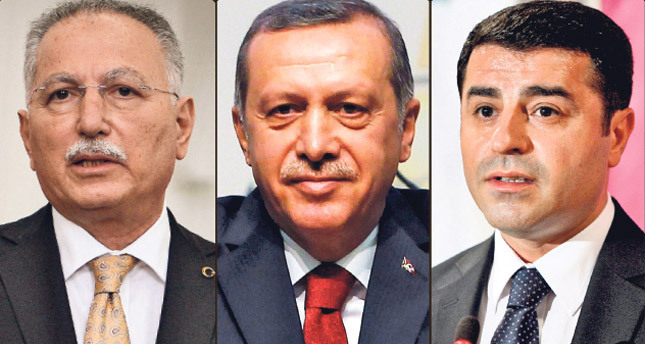





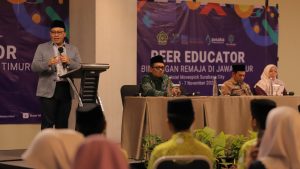

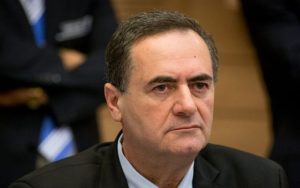
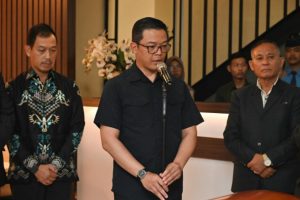

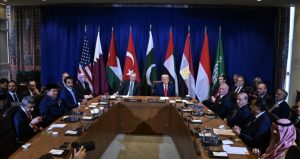

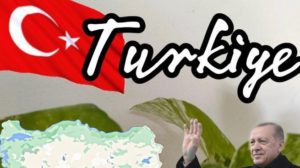
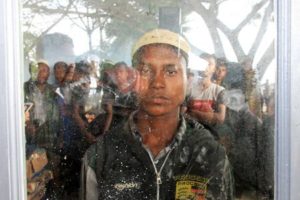





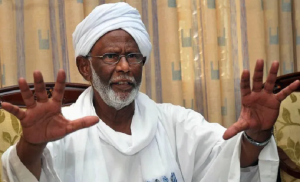

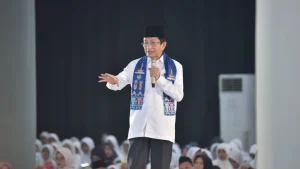
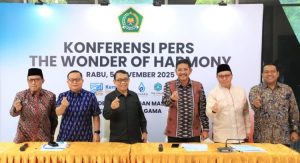







 Mina Indonesia
Mina Indonesia Mina Arabic
Mina Arabic